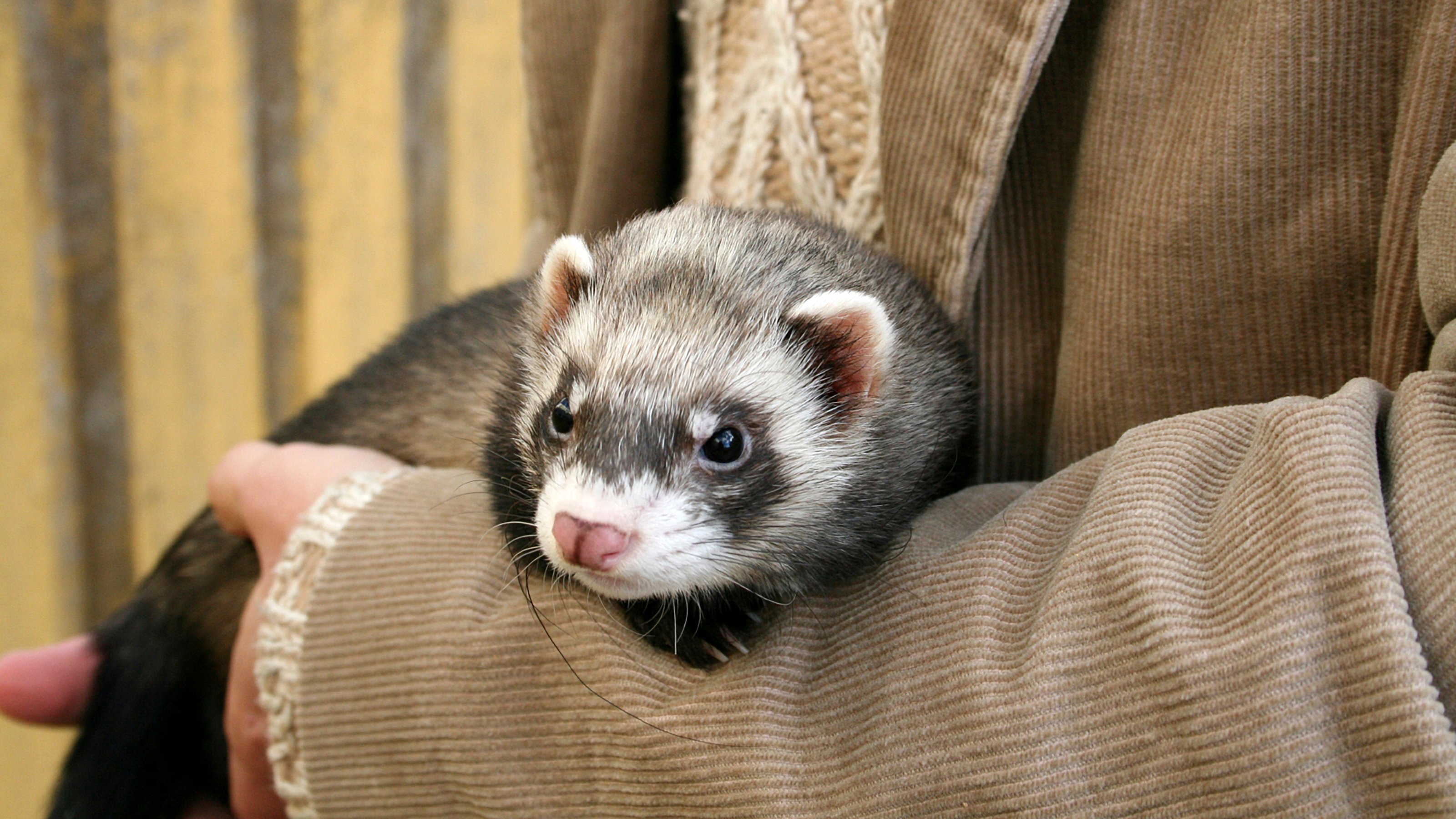
Coccidiosis And Your Ferret
Coccidiosis is caused by a single-celled parasite, or protozoa, called Eimeria. While some ferrets can carry the parasite and show no signs, others can develop deadly disease.
It is important to note that some ferrets can show no signs of an infection at all, and conversely some acutely infected animals can die rapidly. If your ferret is experiencing any signs then make an appointment with your local Companion Care as soon as possible.
More about coccidiosis and your ferret
The signs of coccidiosis vary depending on the ferret and the severity of the infection. Signs include:
- Diarrhoea
- Reduced appetite
- Depression/lethargy
- Pale gums
- Painful tummy
- Blood or mucous in their faeces
- Keeping clean. Ferrets can be at risk of coccidiosis even in a clean environment, but keeping everywhere fresh and dry is the best step to protecting your ferret against coccidiosis. Litterboxes should be cleaned on a daily basis.
- Monitoring. If you see any changes in your ferret's faeces, appetite or behaviour, always get them checked over by a vet who will be able to help diagnose and support them.
- Bedding. Get bedding from a reputable supplier as coccidiosis can be transmitted in contaminated bedding.
- New friends. If you want to introduce a new ferret to your group, consider a quarantine period before the new friends are allowed to mingle.
If you think your ferret might have coccidiosis, the best thing to do is to go to your vet. They can do a full physical examination, and check your ferret over from nose to bottom! If there is a risk your ferret may have coccidiosis, your vet may recommend faecal tests to try and identify the parasites, although this can be tricky. Treatment is usually well tolerated, especially in adult ferrets, although acutely infected or young kits can struggle to recover from severe infection.
Request an appointment